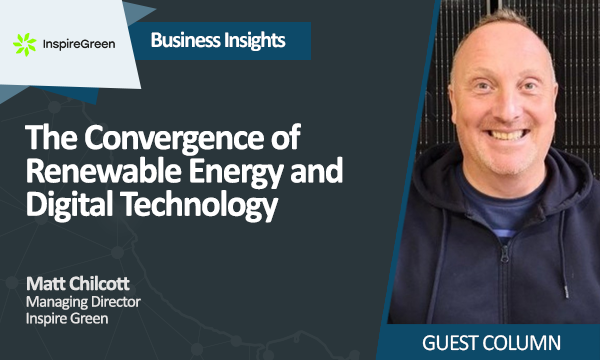New research shows the UK is set to miss its legally-binding net zero targets and upcoming Carbon Budget, highlighting the need for government to work with the energy industry in Wales to solve the dual challenge of maintaining energy security while achieving net zero.
The flagship Offshore Energies UK (OEUK) Business Outlook Report shows that Britain’s reliance on gas will continue to grow, driven substantially by domestic heating; the country’s second largest use of energy and the largest component of gas consumption.
Currently, around 85% of UK homes are heated by gas and this number will continue to rise slowly through to 2025. Even the most ambitious scenarios from National Grid lists gas as the largest domestic heating source until at least 2032, with households in Wales currently consuming a combined 25.6 TWh of gas annually.
A broad range of solutions will be needed to reduce this gas dependency. The Climate Change Committee, for example, has found that 8 million homes should have heat pumps installed by 2035. However, ambitious scenarios outlined by National Grid claim the UK will need to have 26 million heat pumps installed by 2050, with installation rates rising to 900,000 per year.
OEUK’s flagship report found that oil and gas currently provide over three quarters of the UK’s energy needs today. Despite reductions in overall energy use, and the growth of renewable energy sources, oil and gas still plays a huge role in the UK’s energy mix.
Currently, UK oil and gas production meets about half of the country’s needs. The industry plays a major role in Wales’s economy and, according to OEUK research in 2022, the oil and gas industry contributes £396m Gross Value Added (GVA) and provides jobs for more than 4,400 people across the country.
However, with a decline in investment and production from the North Sea there is a need for long-term planning and support to ensure that these benefits and opportunities aren’t lost – while protecting security of supply.
A key part of this will be ensuring that the UK can meet its oil and gas needs while simultaneously developing the new technology and projects needed for cleaner energy production. Wales plays host to a range of professional and engineering services within the industry that are both directly and indirectly involved in aiding the UK’s transition to a low-carbon future.
The Welsh renewable energy and environment sectors have developed significantly in recent years and now employs over 58,000 people across the country, with growth in offshore wind and tidal energy.
The HyNet decarbonisation cluster, which operates in the North of Wales, is a key example of the innovative work being done by industry to drive towards net zero. The cluster has achieved ‘Track 1’ economic status and is set to capture and store huge volumes of carbon dioxide, which will dramatically increase the UK’s supply of clean hydrogen within the decade. HyNet will be crucial in unlocking a low carbon future, with the potential to reduce carbon dioxide emissions by 10m tonnes each year – the equivalent of taking 4m cars off the road.
Speaking at the launch of the report, OEUK chief executive David Whitehouse said:
“Globally, we are facing a massive challenge as we look at how countries transition to net zero, while continuing to meet energy needs in the short-term. In the UK we have the people, skills and experience to meet this challenge. Wales will play a huge part in this, drawing on its various natural resources to provide power to millions of homes while building cleaner, low carbon technology.
“Our research shows that oil and gas will remain a vital part of the energy mix beyond the end of the decade. With the North Sea on our doorstep, we are calling on the UK Government to work with the industry to ensure that we can continue to near-shore our energy production, ensuring security of supply, minimising carbon emissions and keeping investment and jobs in-country.
“We are again calling for a price floor on the Energy Profits Levy to ensure that we can continue enticing investment in the North Sea. Without this new investment, overall production will likely fall at a rate of around 15% a year over the next decade, meaning that output in 10 years will be around 80% lower than last year, with oil and gas imports rising to 85%. This means there will be less tax flowing to the Exchequer to help support the country and to help support those in need.”
Read and download the full 2023 Business Outlook Report on the OEUK website here.








